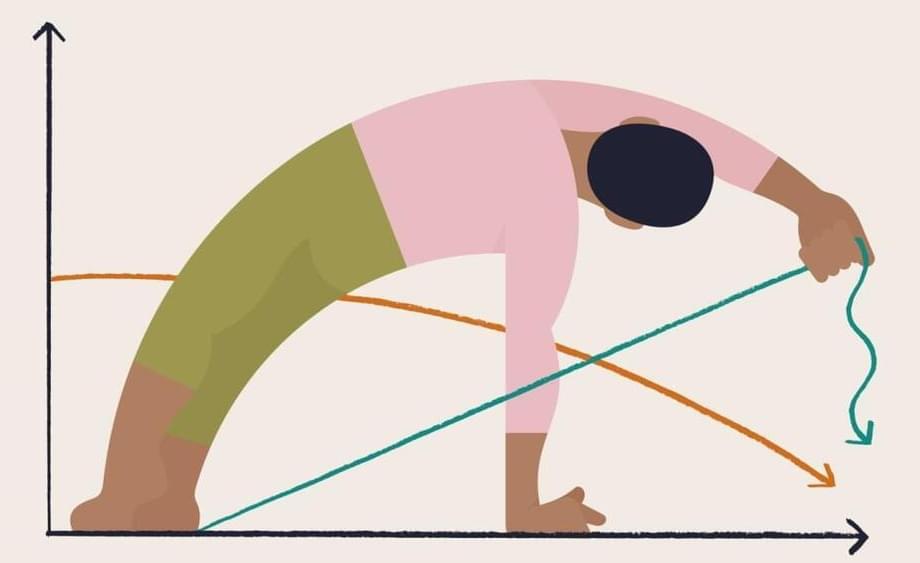Summary: Researchers have identified a genetic mechanism that regulates behavioral adaptations to emotional experiences by forming R-loops, unique RNA: DNA structures that activate target genes. The study focused on NPAS4, a gene implicated in stress and drug addiction, showing how blocking R-loops prevents maladaptive behaviors like cocaine seeking and stress-induced anhedonia in mice.
This mechanism demonstrates how emotional experiences influence brain circuits by altering gene expression through enhancer RNA. The findings could pave the way for RNA-based therapies to treat psychiatric disorders linked to stress and substance use.





